- April 21, 2025
The Voices Within Jake Runestad’s "Into the Light"
What does it mean to reform—not just institutions, but hearts and minds? Composer Jake Runestad explores this question in Into the Light, a sweeping work for chorus and orchestra inspired by the legacy of the Reformation and the voices of great spiritual reformers across history.
Rather than creating a musical “museum piece” to commemorate the 500th anniversary of the Reformation, Runestad reimagines the concept of reform as something living and urgent. Drawing from powerful texts by Swami Vivekananda, Helen Keller, Martin Luther King Jr., Frederick Douglass, Gandhi, and others, the work invites us to confront fear, division, and ignorance—and choose instead a path guided by love, wisdom, and compassion.
“It is my hope that this new work, Into the Light, allows us to be immersed in the wisdom of some of the most important and influential reformers in history, and challenges us to consider how we can move beyond fear and onto a path of love, compassion, and kindness.”
—Jake Runestad
Runestad's Into the Light intricately weaves together these texts, allowing the voices of these leaders to speak through music.
Here's a closer look at the thinkers and spiritual reformers whose words shape the journey:
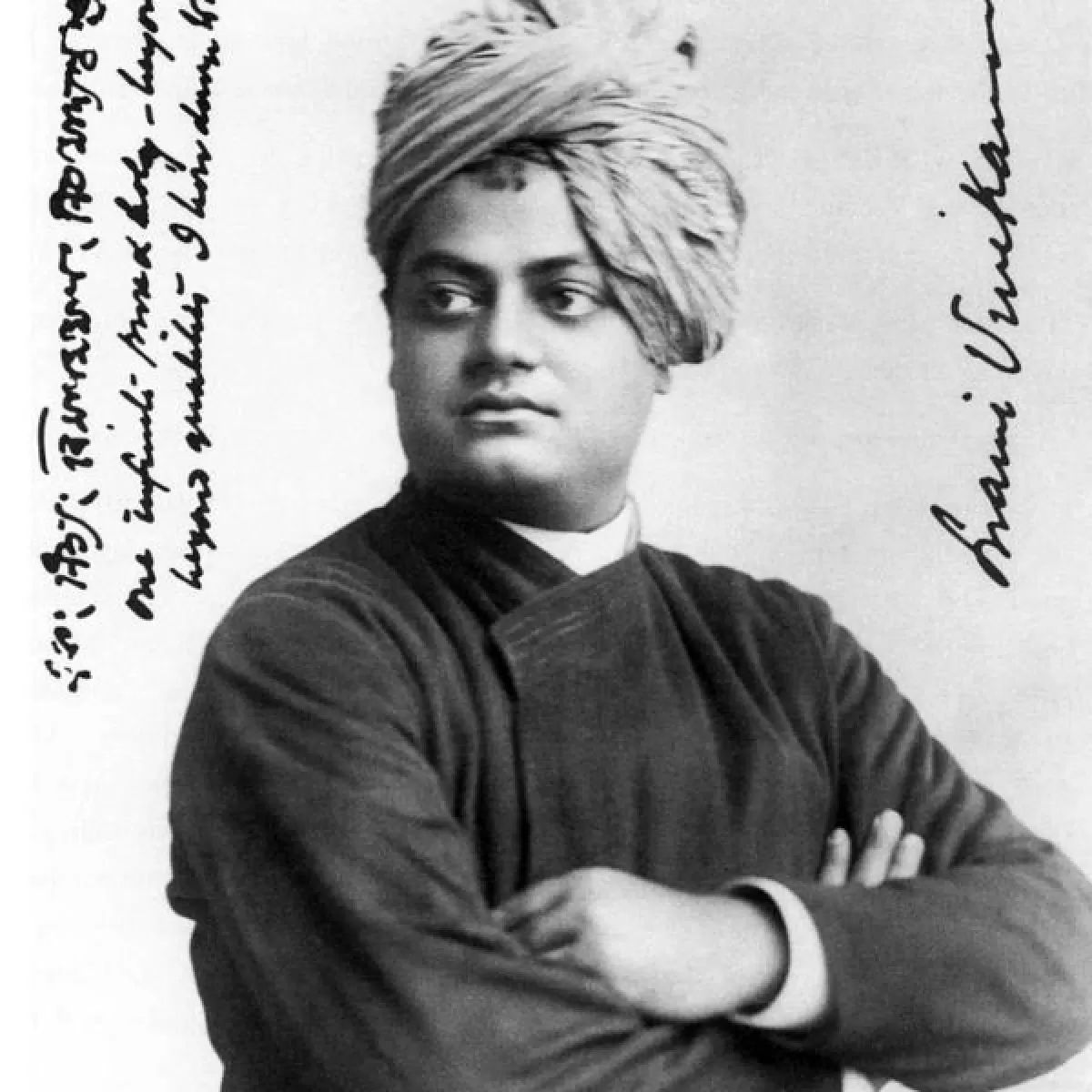 Swami Vivekananda (1863–1902)
Swami Vivekananda (1863–1902)
An Indian Hindu monk and chief disciple of Ramakrishna, Swami Vivekananda played a pivotal role in introducing Indian philosophies of Vedanta and Yoga to the Western world. His call to "Come out into the universe of Light. Everything in the universe is yours, stretch out your arms and embrace it with love." reflects his emphasis on the boundless potential within each individual and the universal nature of spirituality.
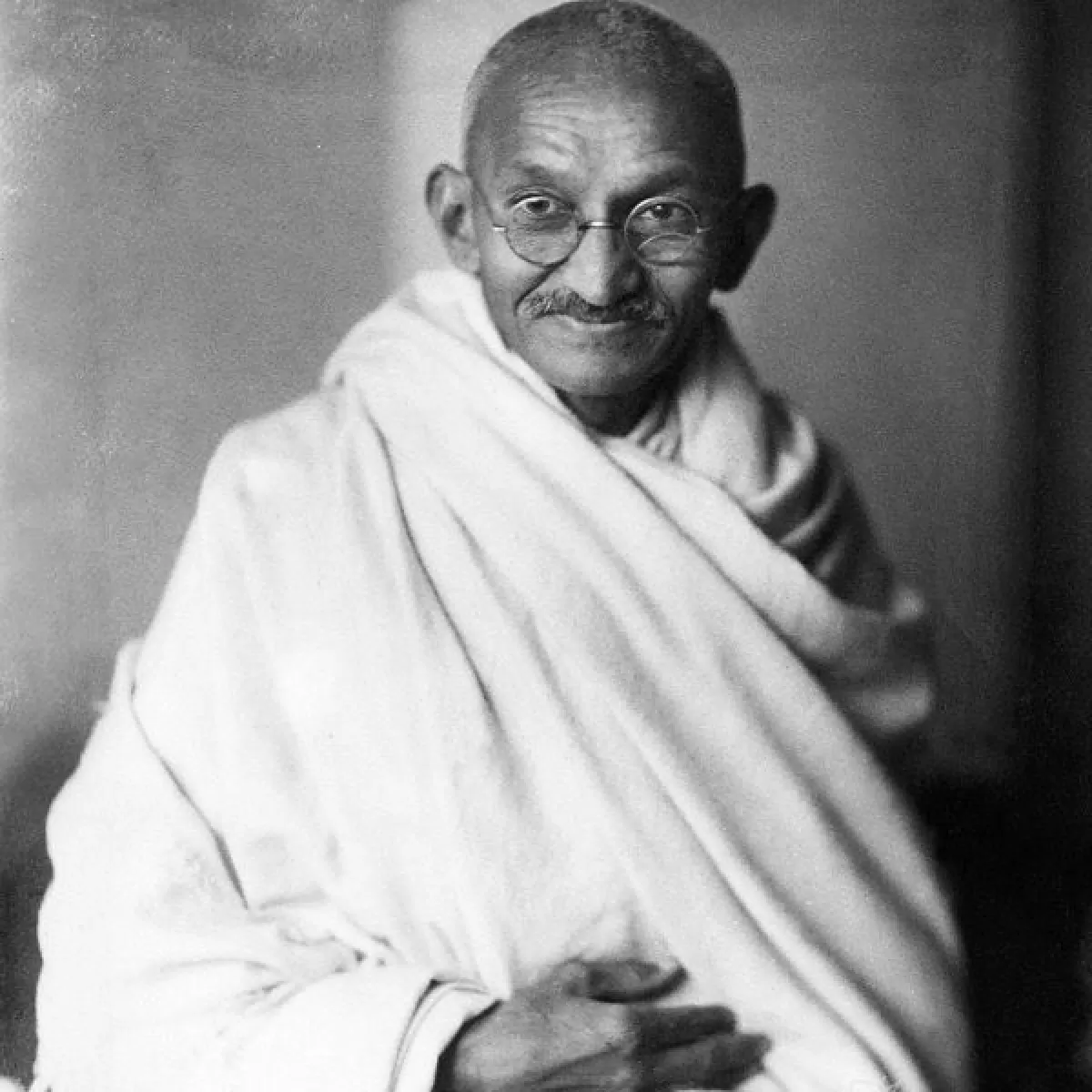 Mahatma Gandhi (1869–1948)
Mahatma Gandhi (1869–1948)
A leader of India's nonviolent independence movement against British rule, Gandhi's philosophy of peaceful resistance has inspired global movements for civil rights. His belief that "A man is but the product of his thoughts. What he thinks, he becomes," underscores the transformative power of mindset and personal conviction.
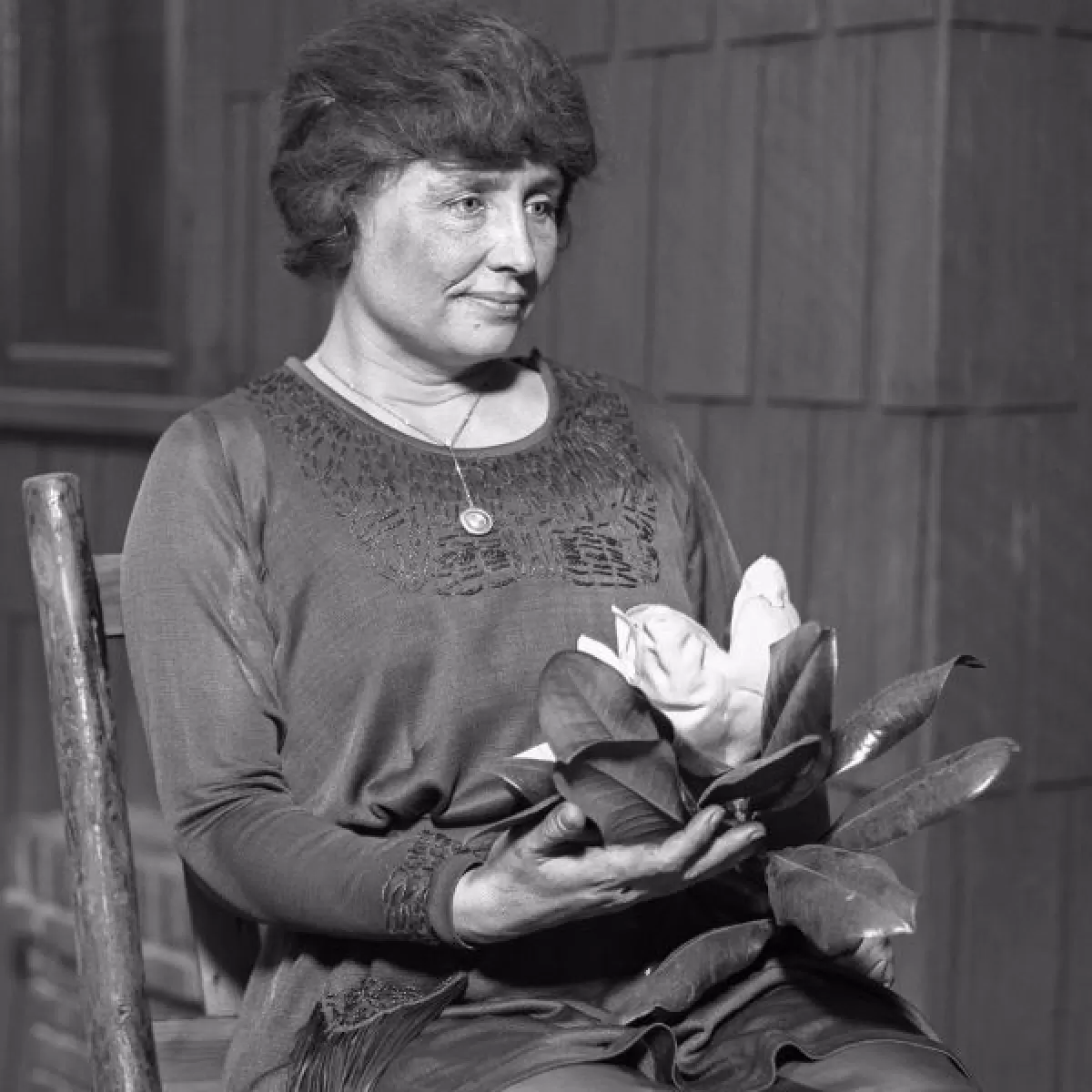 Helen Keller (1880–1968)
Helen Keller (1880–1968)
Despite being deaf and blind from a young age, Helen Keller became an influential author, activist, and lecturer. Her assertion that "The only lightless dark is the night of ignorance and insensibility" highlights her advocacy for education and awareness as means to overcome limitations.
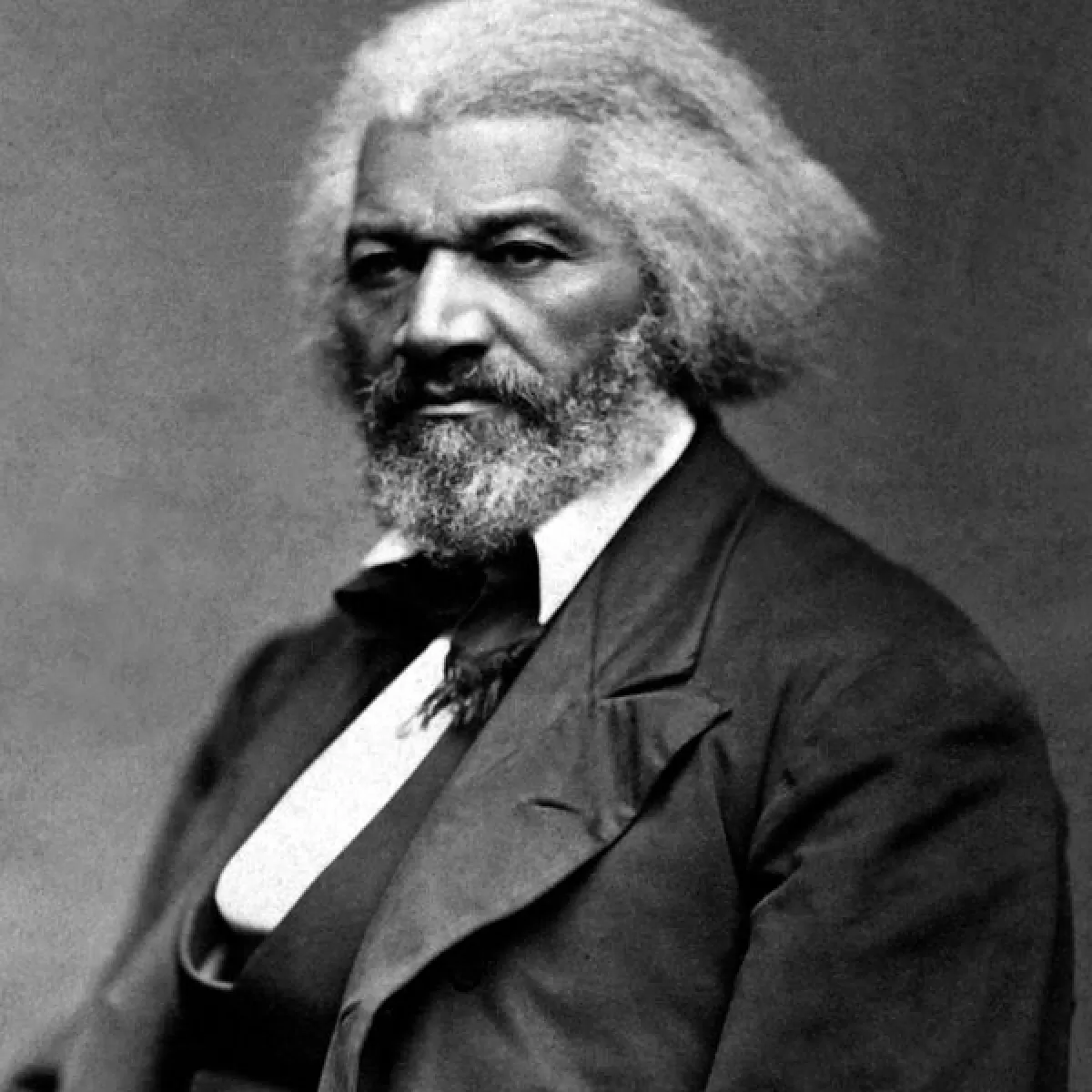 Frederick Douglass (1818–1895)
Frederick Douglass (1818–1895)
Born into slavery, Douglass escaped and became a leading abolitionist, renowned for his eloquent speeches and writings. His metaphor, "The ice under us is very thin, and is made weak by the warm fogs of fear," illustrates the fragility of freedom when undermined by fear and complacency.
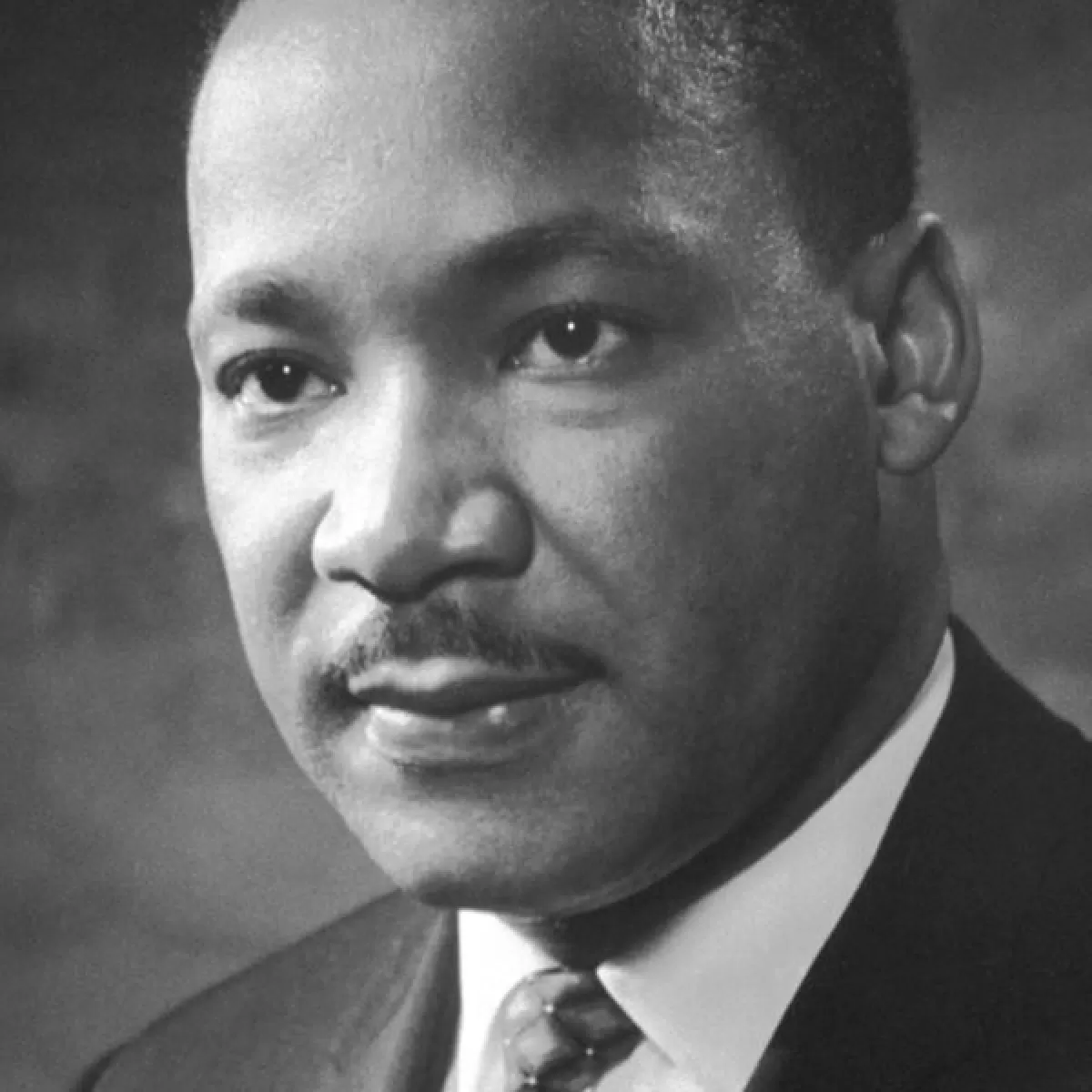 Martin Luther King Jr. (1929–1968)
Martin Luther King Jr. (1929–1968)
A central figure in the American civil rights movement, Dr. King's philosophy of love and nonviolence sought to overcome racial injustice. The adapted line, "We are driven by love or by fear. I fear you, for I do not know you," reflects his understanding that ignorance fuels fear, which can be dispelled through knowledge and love.
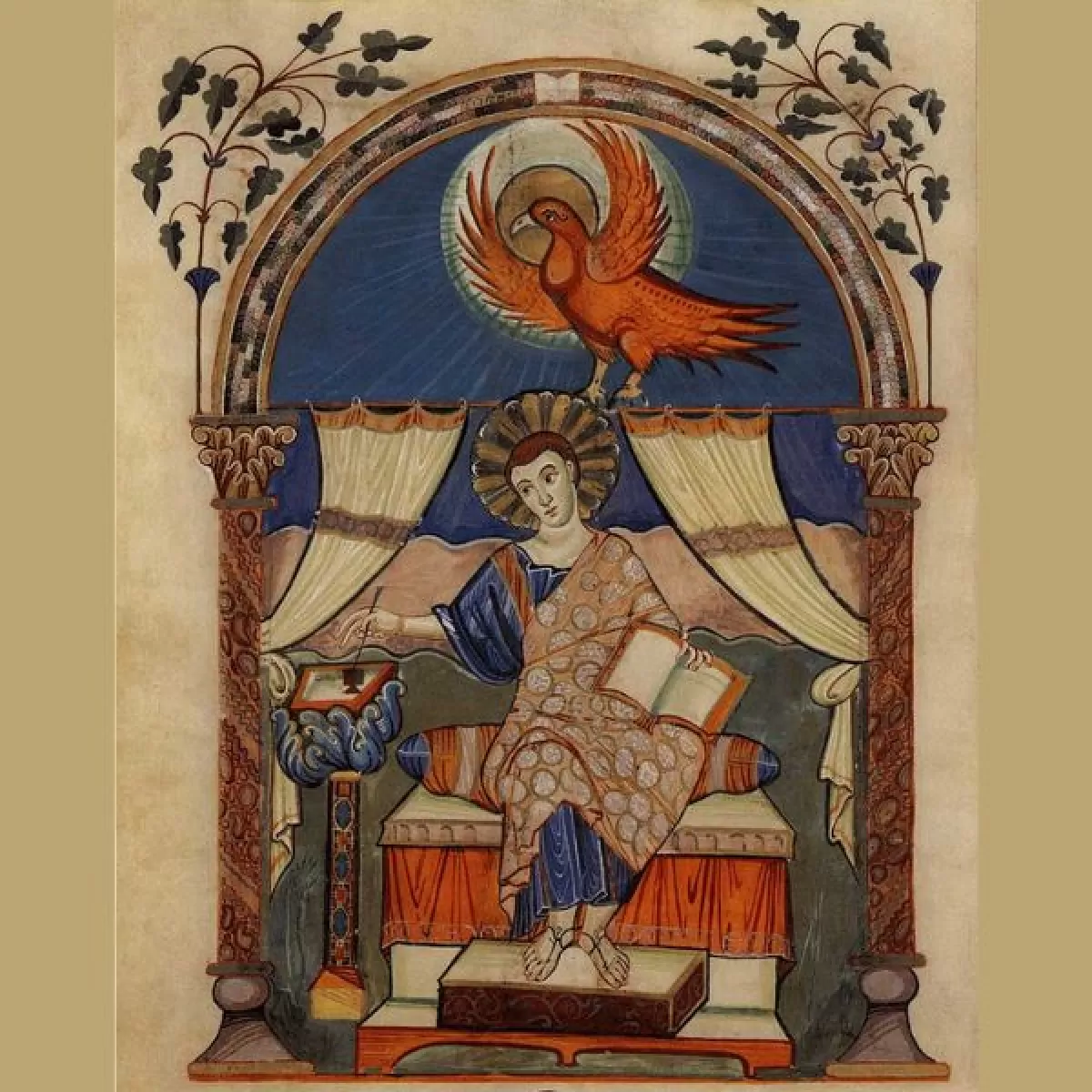 John the Evangelist (c. 6 – c. 100)
John the Evangelist (c. 6 – c. 100)
Traditionally believed to be the author of the Gospel of John and the Book of Revelation, his biblical verse, "There is no fear in love, but perfect love drives out fear," emphasizes the power of love to overcome fear and is foundational in Christian theology.
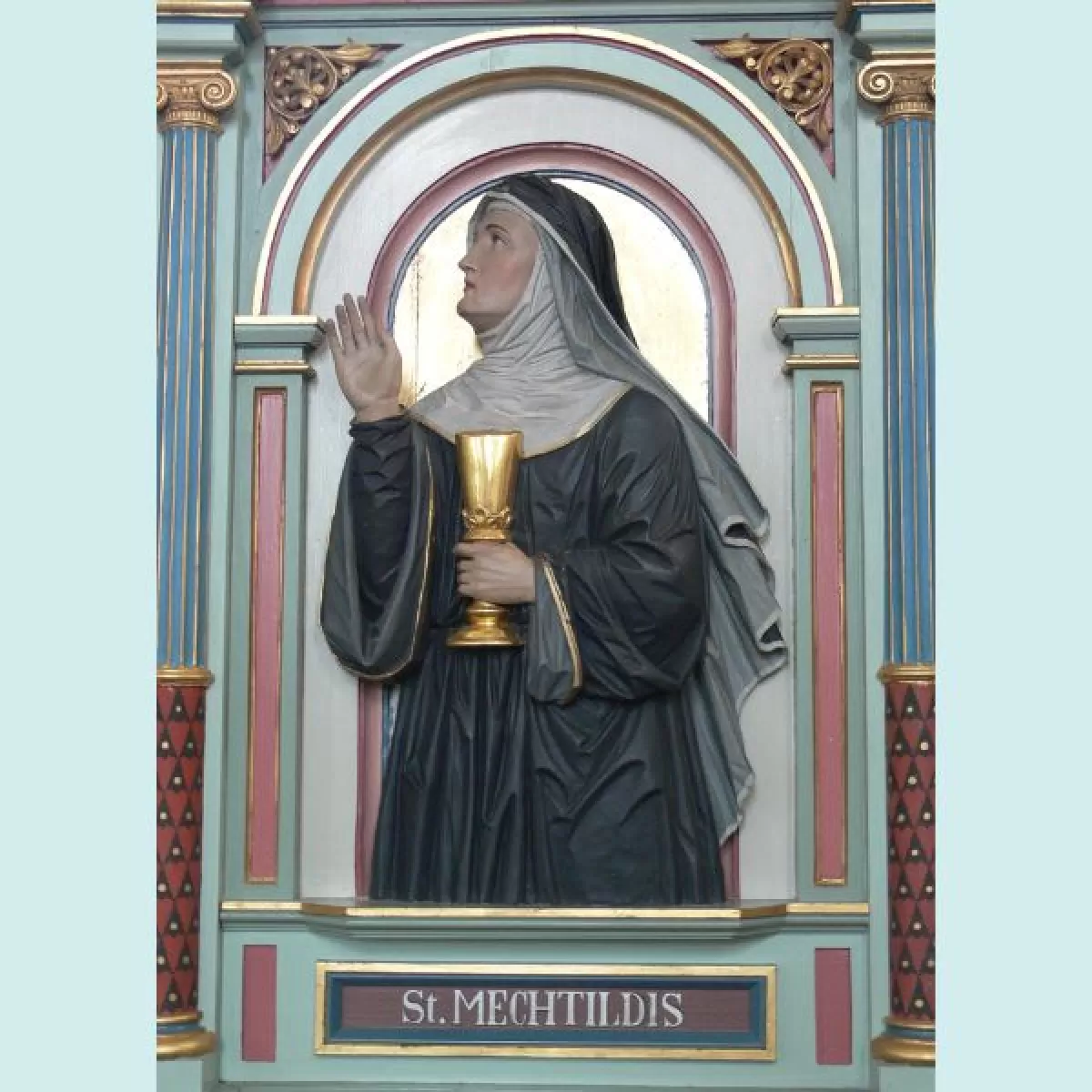 Mechthild von Magdeburg (c. 1207–c. 1282)
Mechthild von Magdeburg (c. 1207–c. 1282)
A medieval mystic and poet, Mechthild's writings explore themes of divine love. Her reflection, "The soul is made of love and must ever strive to return to love," speaks to the innate human yearning for spiritual connection.
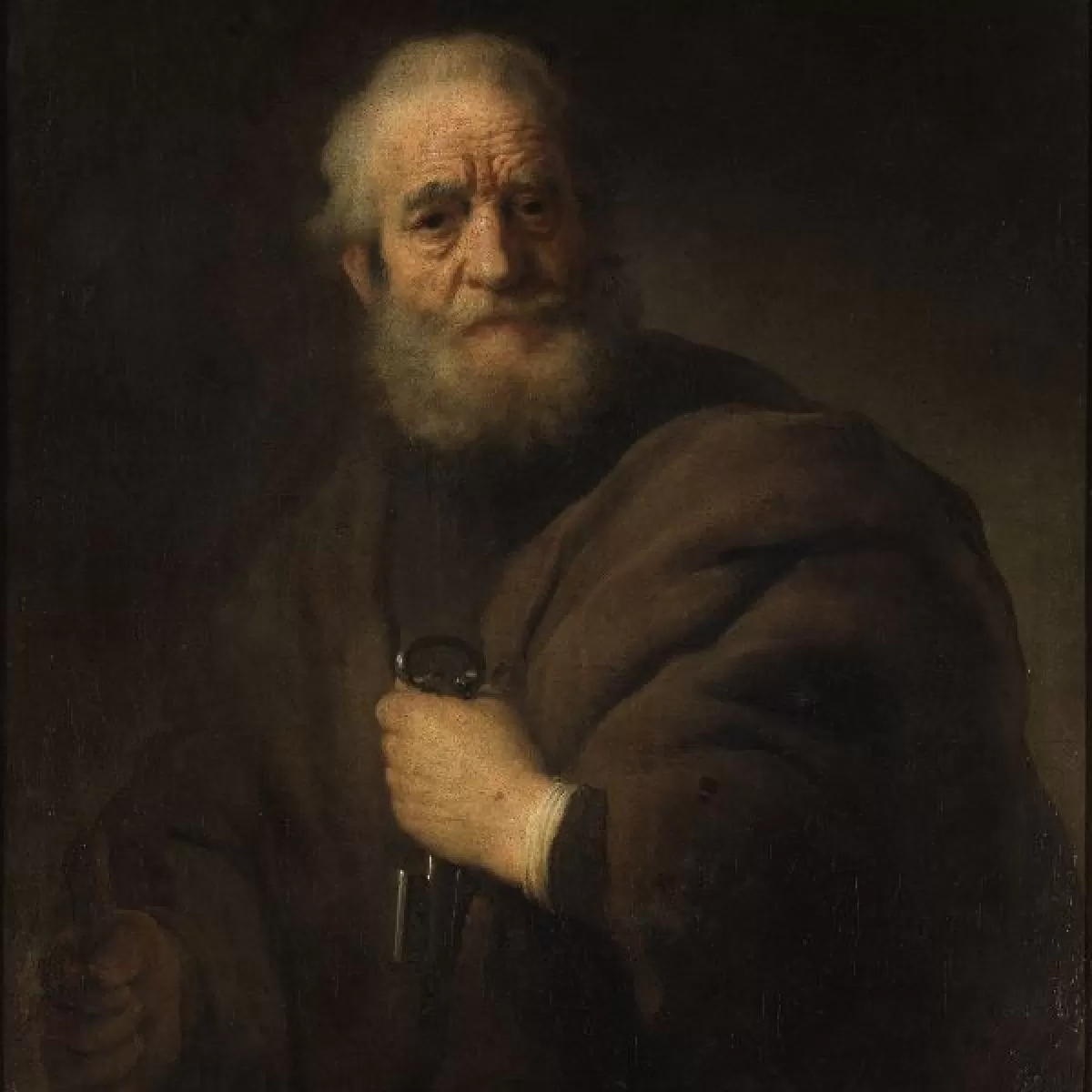 Peter the Apostle
Peter the Apostle
One of Jesus' foremost disciples, Peter's exhortation, "Above all, love each other deeply, because love covers over a multitude of sins," advocates for profound compassion and forgiveness within the Christian community.
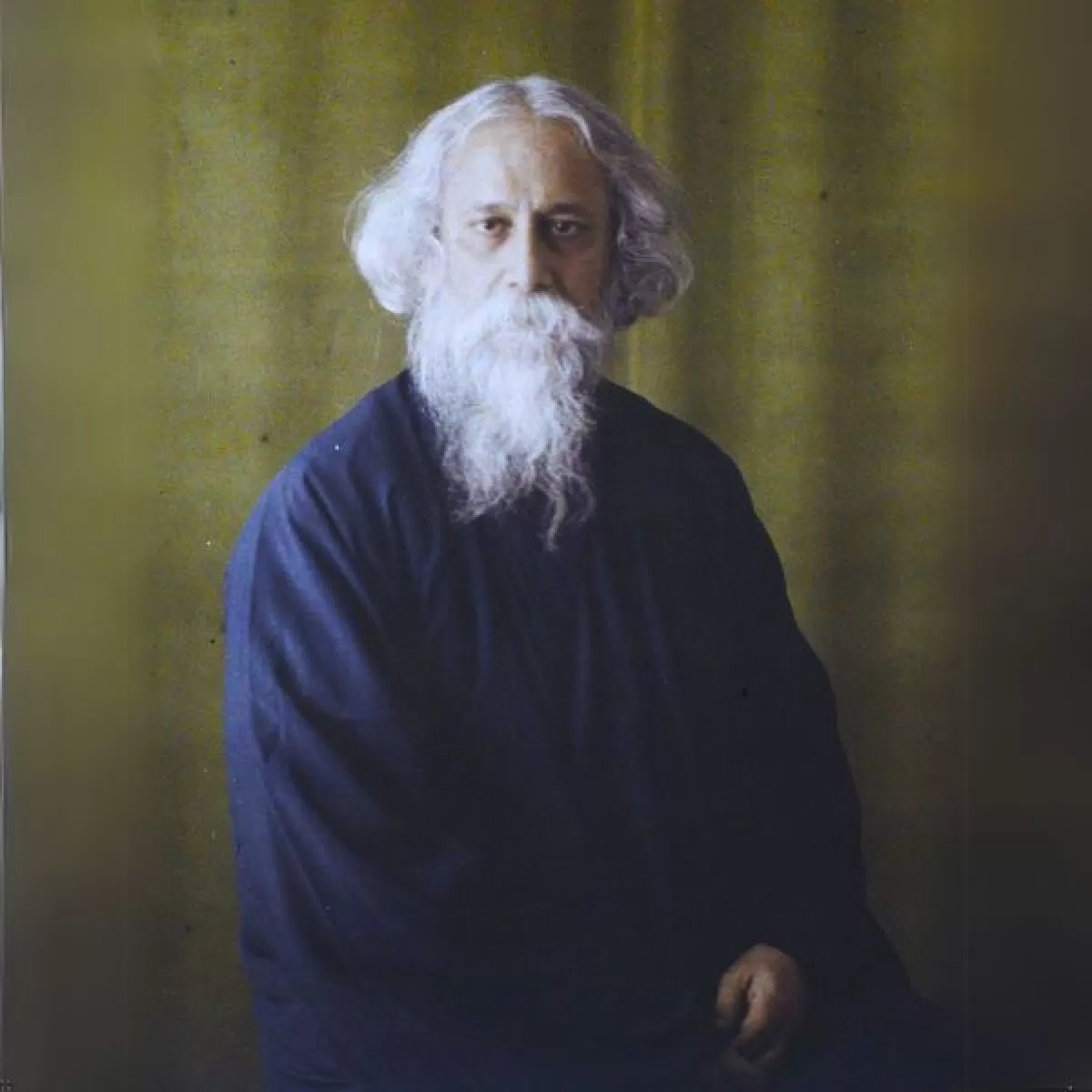 Rabindranath Tagore (1861–1941)
Rabindranath Tagore (1861–1941)
A Bengali polymath and the first non-European Nobel laureate in Literature, Tagore's poetic line, "I shed my words on the earth as the tree sheds its leaves. Let my thoughts unspoken flower into kindness," reflects his belief in the natural expression of benevolence and the enduring impact of unspoken virtues.
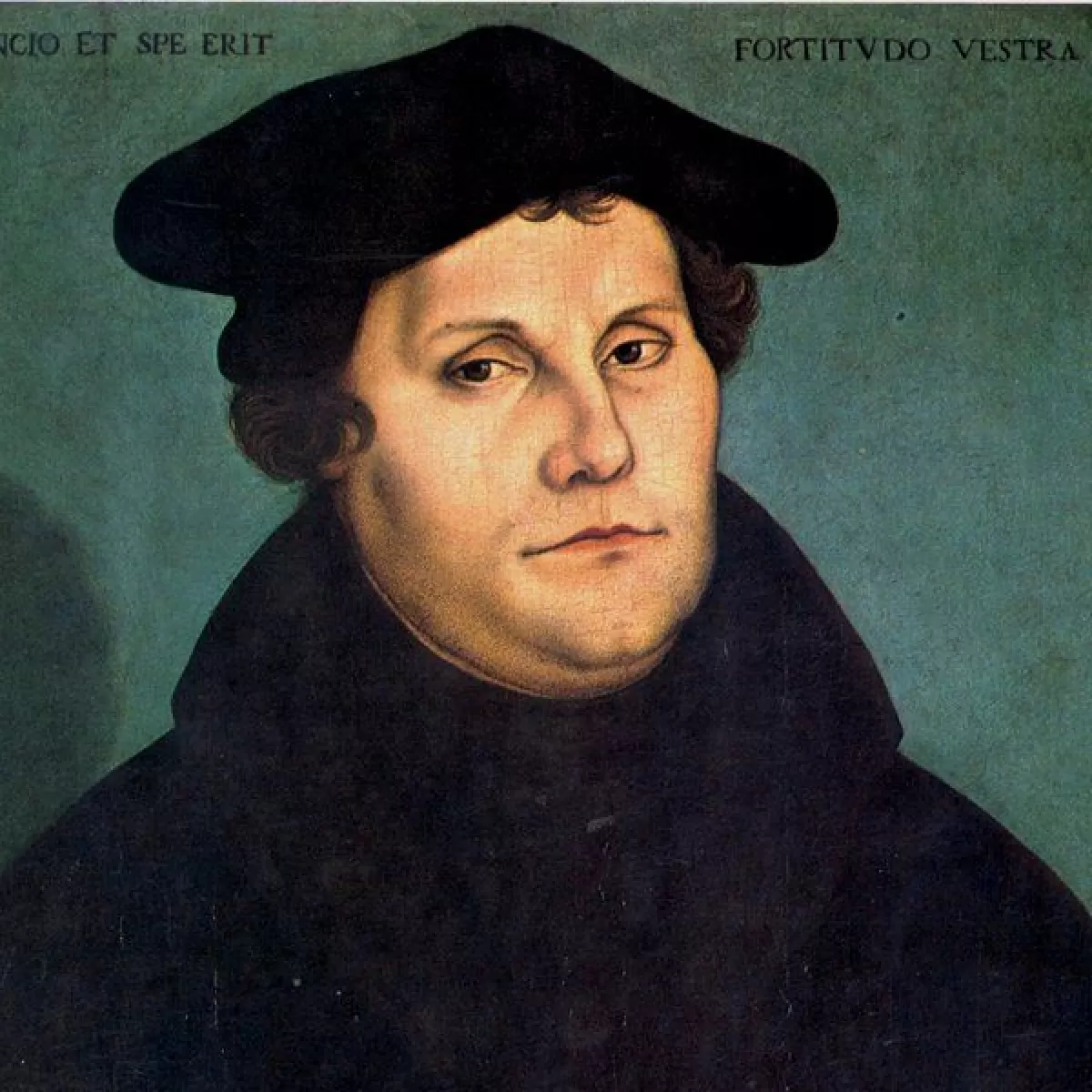 Martin Luther (1483–1546)
Martin Luther (1483–1546)
A seminal figure in the Protestant Reformation, Luther's statement, "We are not yet what we shall be, but we are growing toward it," acknowledges the ongoing process of personal and spiritual development.
Structured in five movements, Into the Light begins with a call to awaken to the “universe of light,” moves through the fogs of fear, and ultimately arrives in a place of compassion. Scored for SATB choir, strings, piano, two horns, oboe, and a shimmering palette of percussion, the orchestration mirrors the emotional breadth of the text. Listeners are welcomed with rejoicing chorus and chiming textures, then drawn into an atmosphere that is both reflective and expansive. The entire work urges us, as listeners, to move beyond fear and toward love.
Don’t miss the chance to experience this work live as part of Orange County's GRAMMY®-winning Pacific Chorale’s season finale performance on May 24, 2025, at Segerstrom Concert Hall, featuring Brahms’ Nänie, a world premiere by Viet Cuong, and Mozart’s Requiem. Learn more and reserve your seat!

